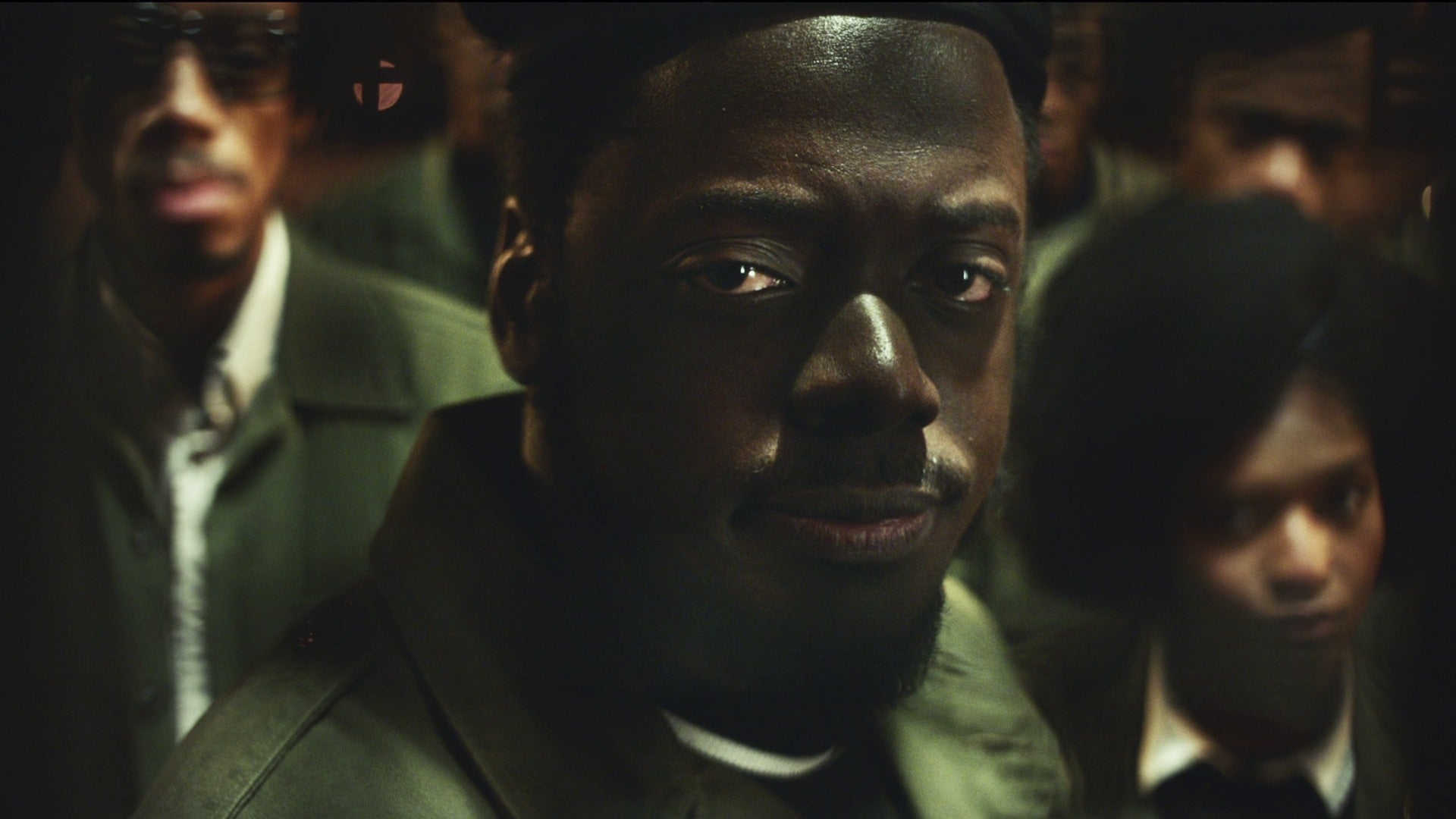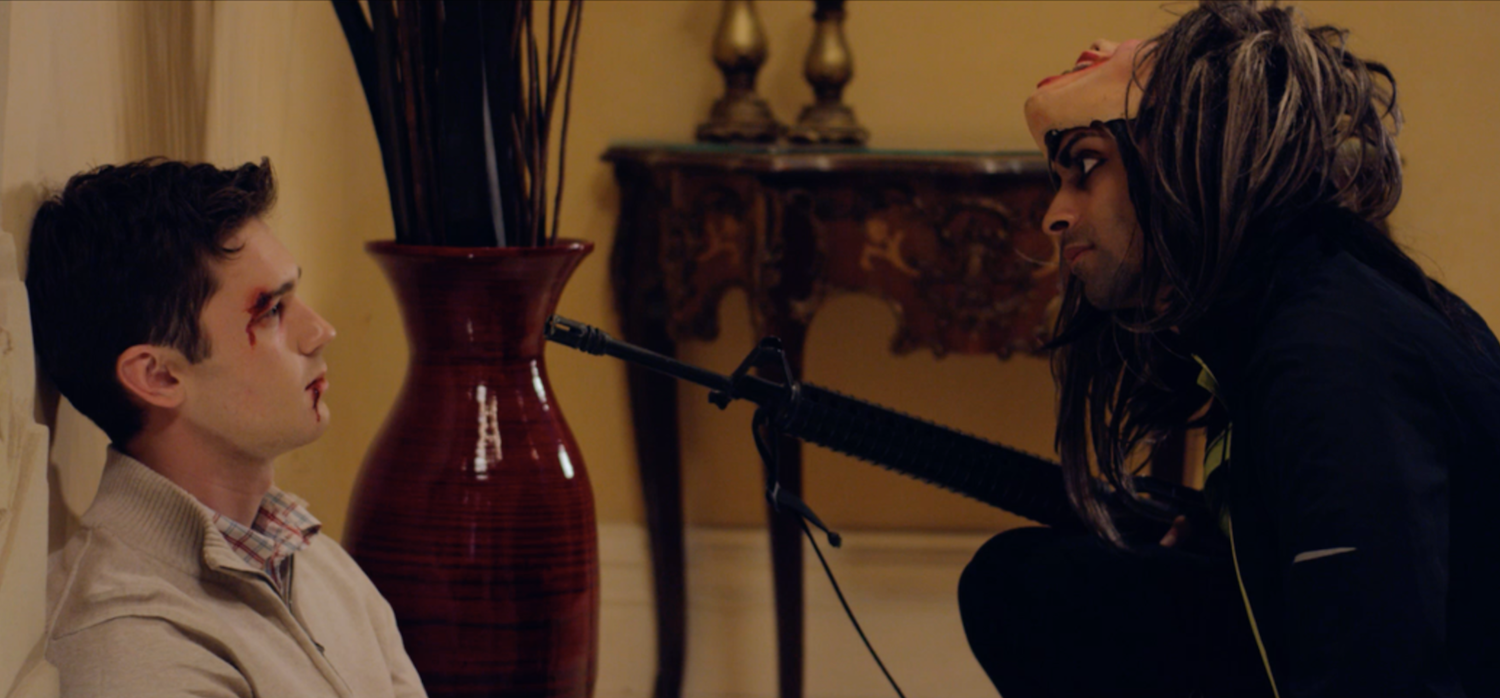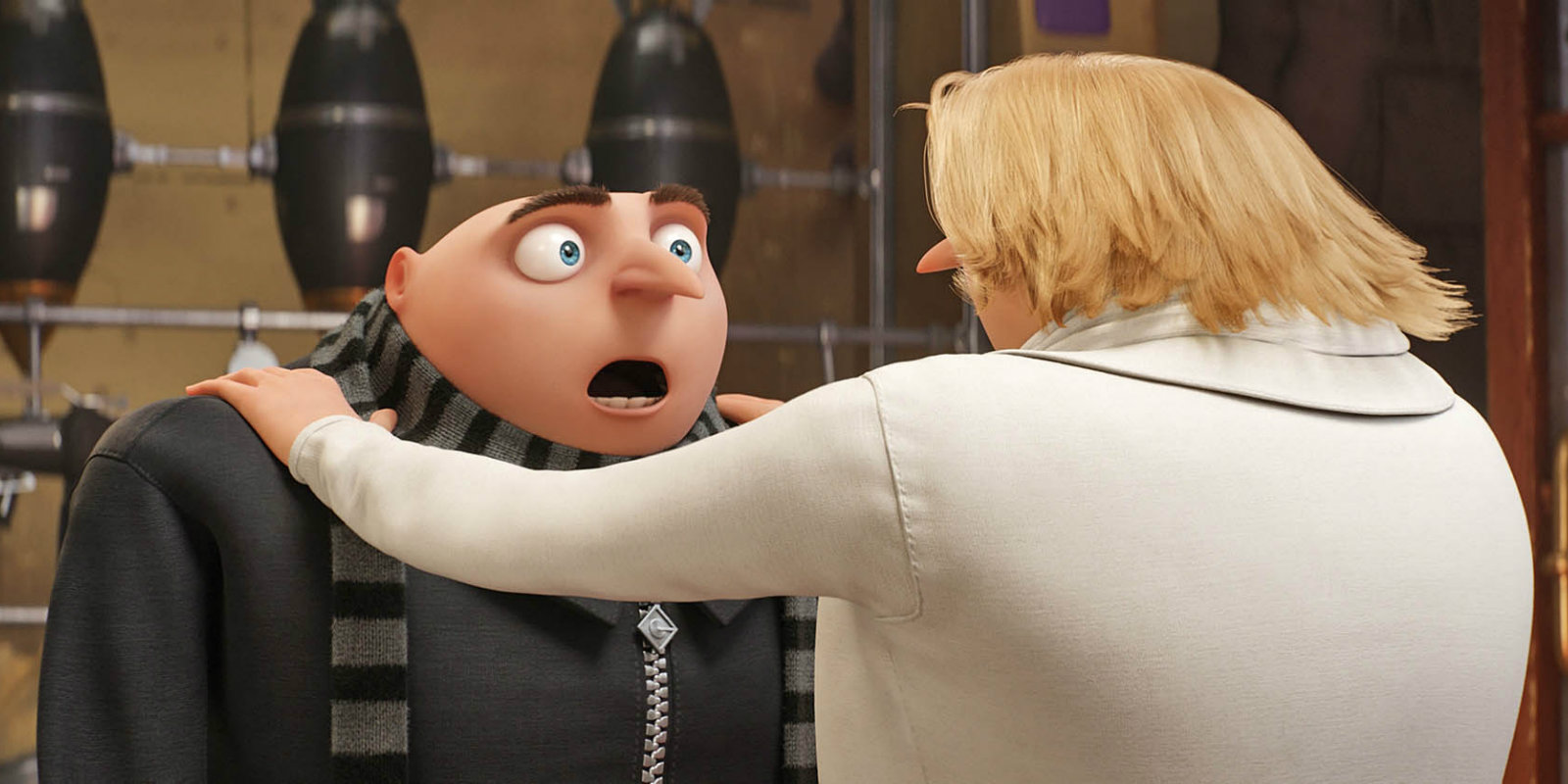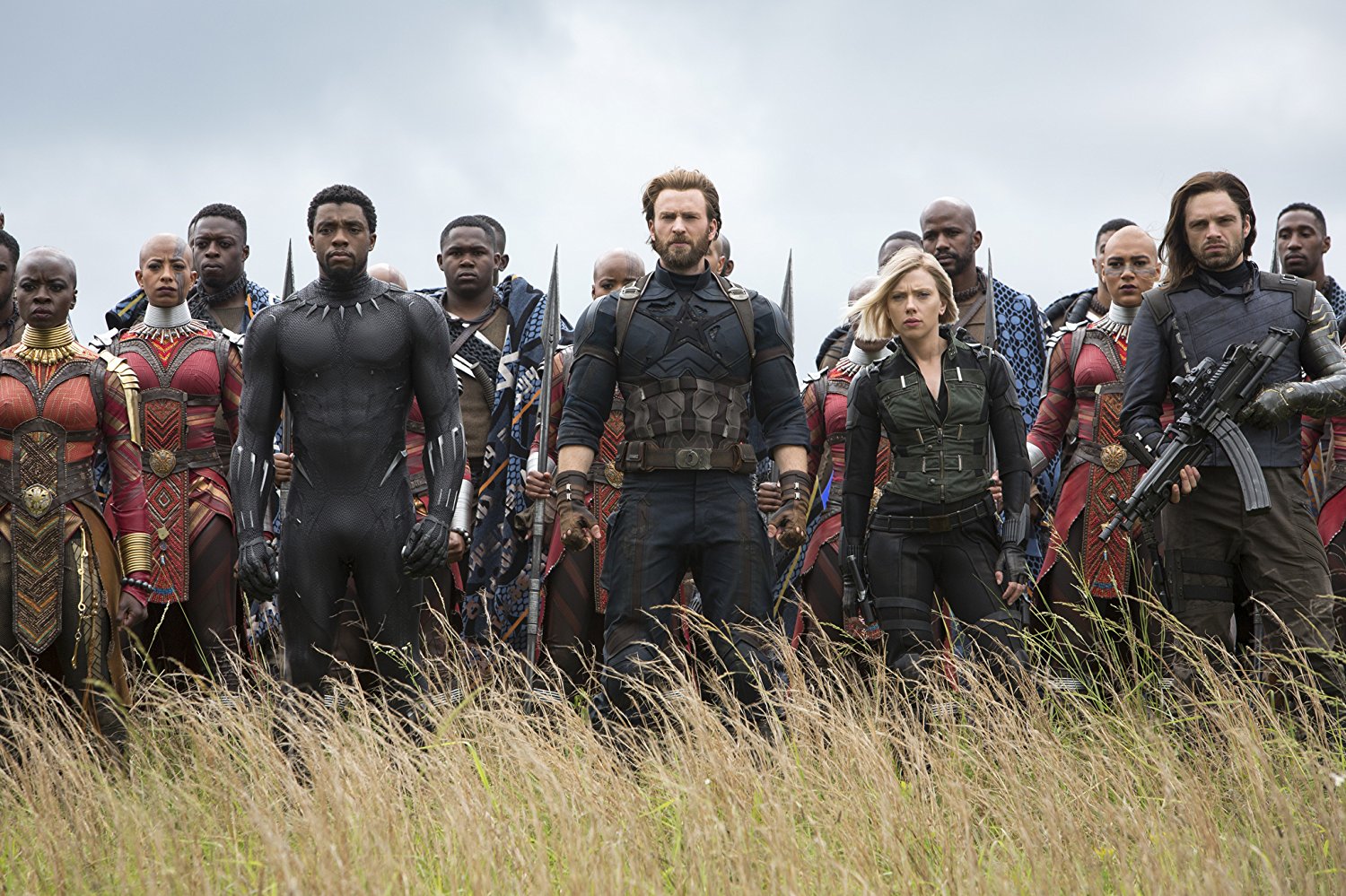In 1990, PBS aired Eyes on the Prize II: America at the Racial Crossroads. The second part of the mini-series style documentary included an episode named “A Nation of Law? (1968-71), which spoke to the rise and murder of Fred Hampton. With that contained an interview with William O’ Neal, an FBI informant who joined the Black Panther Party in Chicago. This is where Judas and the Black Messiah finds an entry. An interviewer asks an aged Lakeith Stanfield portraying O’ Neal, how he would tell his children about his role. O’ Neal’s place within the rise and fall of Chicago’s BBP is complicated, anger-inducing, and almost mournful. With the film, director Shaka King forges to show powerful Hampton’s movement could have been and the equally powerful forces working against it.
Judas‘s first act follows O’ Neal as he attempts a robbery impersonating a police officer in Chicago of 1968. While stealing a car, he gets picked up by the FBI and then meets FBI agent Roy Mitchell (Jesse Plemons). O’ Neil is given a choice; it’s either to do substantial jail time for his crimes or help the FBI infiltrate the Black Panthers of Chicago. From there, the movie balances the ambitions of Fred Hampton (Daniel Kaluuya) and the inner conflict of O’ Neal.
King does a good job showing the split in worlds that the Panthers and the government both live within. Whenever we see the Panthers, it’s within the heart of late 1960s Chicago. They are meeting in storefronts and churches and helping to feed neighborhood kids. The Panthers are very invested within the heartbeat of their community, which is contrary to what contemporary history may want you to believe. When O’ Neil meets Mitchell for his next set of orders, it’s at expensive restaurants with sirloin steaks. Or at this house meeting with cigars and drinks. The fear-mongering like calls to bring Fred Hampton down by J. Edgar Hoover (Martin Sheen) happens in a huge auditorium with similarly dressed FBI agents.
If the overt war between the Black Panthers and Chicago police complete with shootouts, arson, and murder doesn’t shock you, the conversations in offices will. FBI officers complete with Hoover, gleefully mock slang, show open opposition to any sort of integration with Black Americans. Speaking to an unsubstantiated fear of it as a scare tactic with Mitchell and his young daughter. Where the FBI labels the Panthers with accusatory terrorist rhetoric, the group is anything but. Even O’ Neal struggles with this. There are other FBI informants planted inside the Black Panthers. Judas and the Black Messiah bring upon this realization that the people who the Panthers are trying to help are working against them. Equally as horrible is that the people pulling the strings don’t care about the destruction that will permeate throughout generations.
The outstanding performances get the audience fully invested. Daniel Kaluuya fully channels the charismatic attributes of Fred Hampton, even down to his diction. When he invokes Hampton’s speeches, there’s a power to them. Also, a credit to cinematographer Sean Bobbitt that makes him feel larger than life. Kaluuya also invokes calm when speaking to fellow activists or in scenes where there is less bombast. Stanfield is the embattled O’ Neal, which at first, you feel that he’s ok with his role. As the movie goes on, he becomes more conflicted as he gets more engrained within the Black Panthers. You wonder if O’ Neal is more afraid of being found out of being a snitch or the FBI getting closer to their goal of neutralizing Hampton. It’s the temporary restraint and contemplation that both O’ Neal and Mitchell seem to show, then choose to proceed anyway that becomes frustrating.
Even with the heated political tension and espionage taking place, the screenplay of King and Will Berson creates time to peel back layers of Hampton the man. A budding romance with Deborah Johnson (Dominique Fishback) begins, as they bond over their love of speeches and philosophy. As they get closer together and find out they are having a child, you see their fears from each perspective. Deborah states that she’s having a baby “in a war zone.” Not only does she have to worry about her and the baby’s safety, she sees the target that Fred has on him. Hampton proclaims he lives for the people and would even die for them. Now, with starting a family, there’s a pull between being head of a movement and looking after the two most important people in his life. When other Panther members conspire to get him to flee, he’s more concerned with building a community medical center.
It’s Hampton’s heart and unbridled selfishness that draws you to him and makes you see how important he was. Ultimately, the sadness in Judas and the Black Messiah resonates that Hampton’s dream of a rainbow coalition of people against brutality was never fully realized. (He was only 21 years old at the time of his death). A child never got to meet their father, and a system remained committed to snuffing out any instance of social justice. There remains the dualistic nature of O’ Neal. While he had a role in the Black Panther Party of Chicago, he also helped dilute it out of self-preservation.
Photo Credit: Warner Brothers













